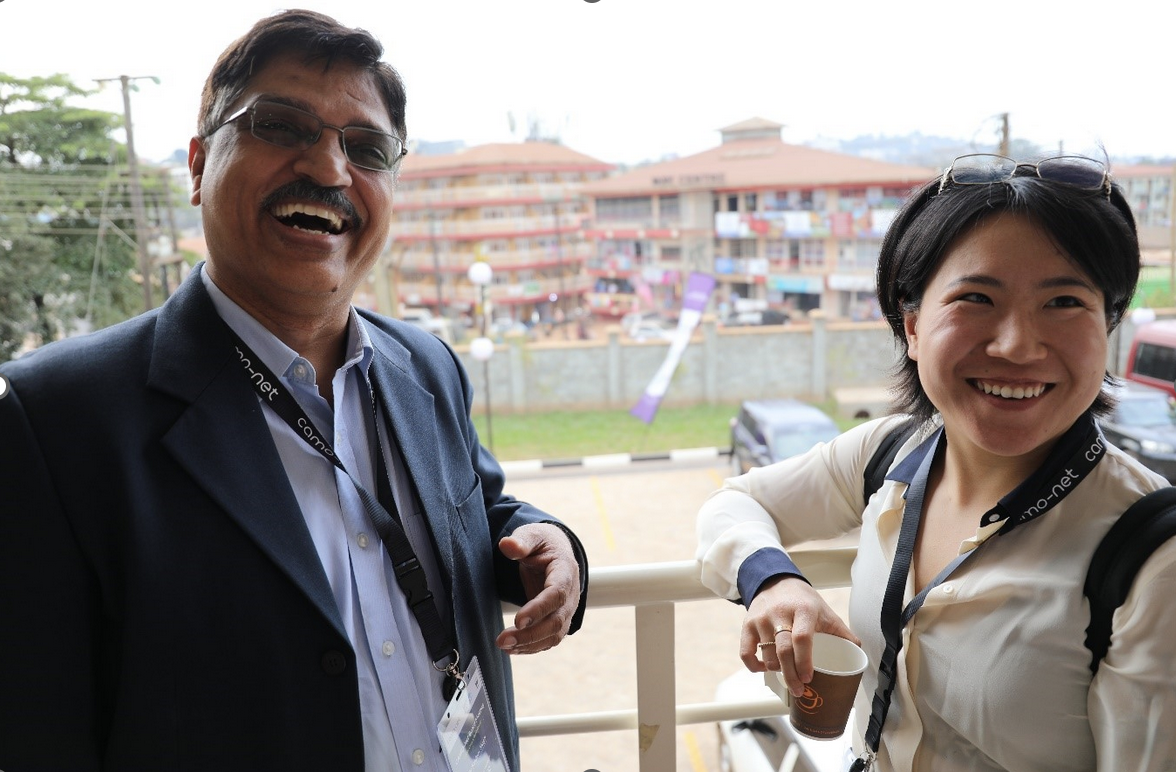
The Centres for Antimicrobial Optimisation Network (CAMO-Net) recently convened an insightful meeting at Makerere University in Uganda. This international event brought together researchers dedicated to the critical challenge of antimicrobial resistance (AMR). Throughout the week, attendees engaged in a series of informative presentations exploring data-driven approaches to optimising antibiotic use. Hear first-hand from Dr Nina Zhu from the Department of Infectious Disease on what her experience at the event was like.
I recently returned from Kampala, Uganda, where I spent an incredible week at Makerere University for the Centres for Antimicrobial Optimisation Network (CAMO-Net) event. Colleagues from around the world came together in Kampala to share knowledge, take part in workshops, and learn more about the work our Uganda National Hub does to address antimicrobial resistance (AMR) in Africa and beyond.
Data and Dashboards for Optimising Antibiotic Use
The event’s theme was ‘Data and Dashboards’. Harnessing the power of data through strategic and targeted studies to generate new knowledge related to optimising antimicrobial use is a key theme of CAMO-Net. As my work focuses on using data linkage and system dynamics modelling to understand healthcare-associated infections and AMR, it was a perfect week for me!
I was joined in Kampala by CAMO-Net members from four other countries: Brazil, India, Malawi, and South Africa. We received such a warm welcome from our Ugandan hosts and started the week with a networking session at a local restaurant. At the reception, Dr Andrew Kambugu, CAMO-Net Uganda lead and head of Makerere’s Infectious Diseases Institute (IDI) gave a fascinating showcase of IDI’s history. It was a perfect blend of networking and getting to know more about the impressive strides IDI has made in infectious diseases, data, and AMR.
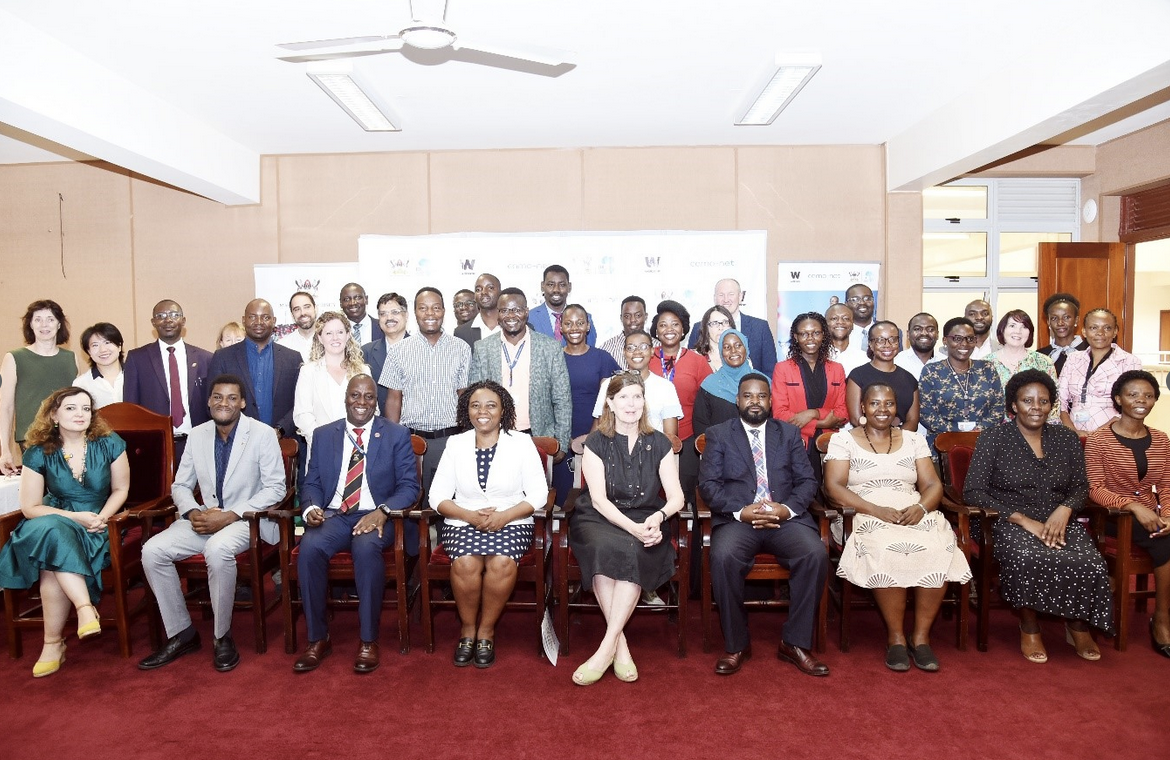
The next morning, the official programme kicked off at Makerere’s School of Public Health Auditorium. We were greeted with welcome remarks from notable figures, including Dr Kambugu and CAMO-Net’s overall lead Professor Alison Holmes. Dr Chibuzor Uchea from the Wellcome Trust and Professor Umar Kakumba, the 1st Deputy Vice Chancellor of Makerere University, also shared their insights.
The highlight of the morning was a panel discussion on optimising antibiotic use in Africa. It was enlightening to hear from experts like Dr Charles Ayume. Dr Ayume is a medical doctor and a member of the Ugandan Parliament, representing the Koboko Municipality with the National Resistance Movement (NRM). This dual role is a vital link between healthcare and politics in the country and his presence at our event was testament to the work CAMO-Net is doing to influence healthcare policy in the regions in which we operate. Joining the panel was Professor Damalie Nakanjako, professor of Medicine and current Principal for Makerere University’s College of Health Sciences. In a wide-ranging discussion, what fascinated me most was a discussion around the importance of data in combating AMR – something very close to my heart.
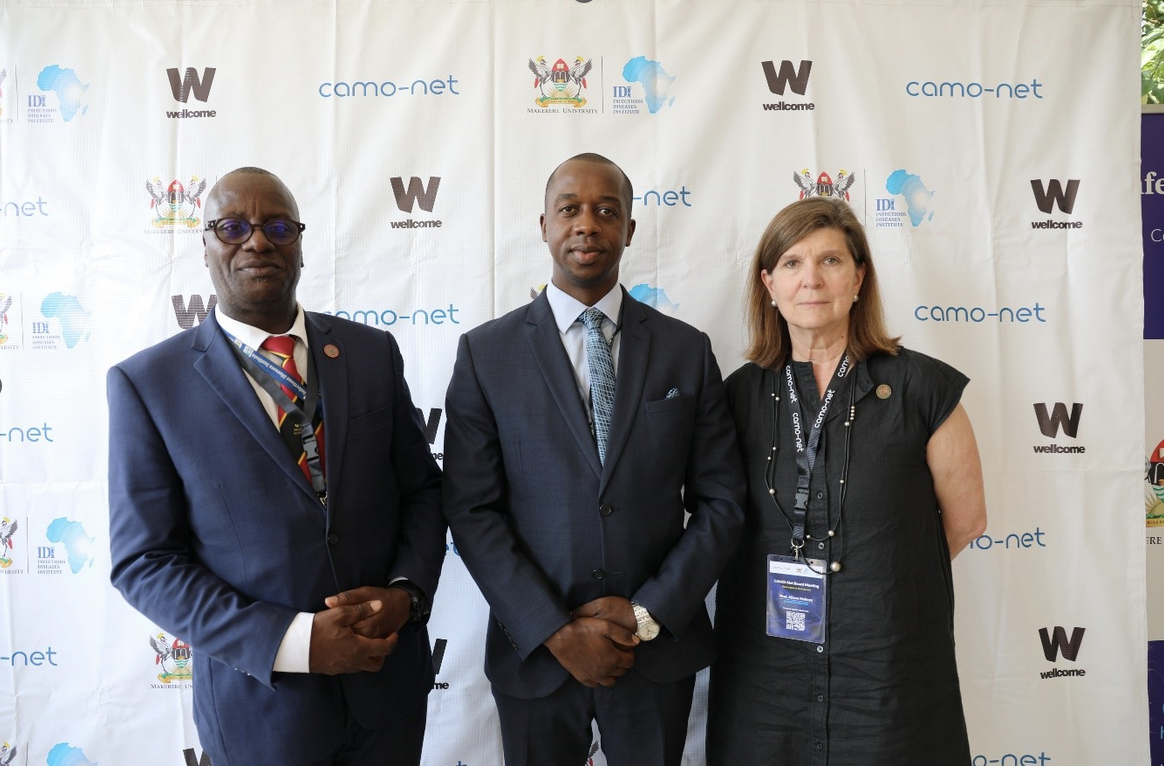
Representatives from Makerere and other centres of the CAMO-Net collaboration then delivered presentations on their work. Topics ranged from trends in antibiotic prescribing among People Living with HIV (PLWH) to innovative approaches to optimising antibiotic therapy. Dr Barbara Castelnuovo, Head of Research at IDI, and her colleagues presented their groundbreaking work on how data-driven strategies are improving patient outcomes in Uganda.
Collaboration and Cultural Immersion

We then participated in a hands-on workshop focused on datasets and dashboards for AMR research. This session included a design challenge where we got to brainstorm and create our own dashboards, guided by my Imperial College London colleague, Dr Bernard Hernandez Perez. The day ended with a delightful dinner at the Ndere Cultural Centre, filled with traditional Ugandan dance and music performances that gave us a real taste of Ugandan heritage.
Thursday started early with a visit to the IDI-McKinnell Knowledge Centre, where the IDI Drama team put on an entertaining performance around patient and practitioner’s antibiotic behaviours. The team are active in their local community, with public engagement activities to raise awareness of AMR via drama performance is at the forefront of their activity. We can learn a lot from the work they are doing in their community!
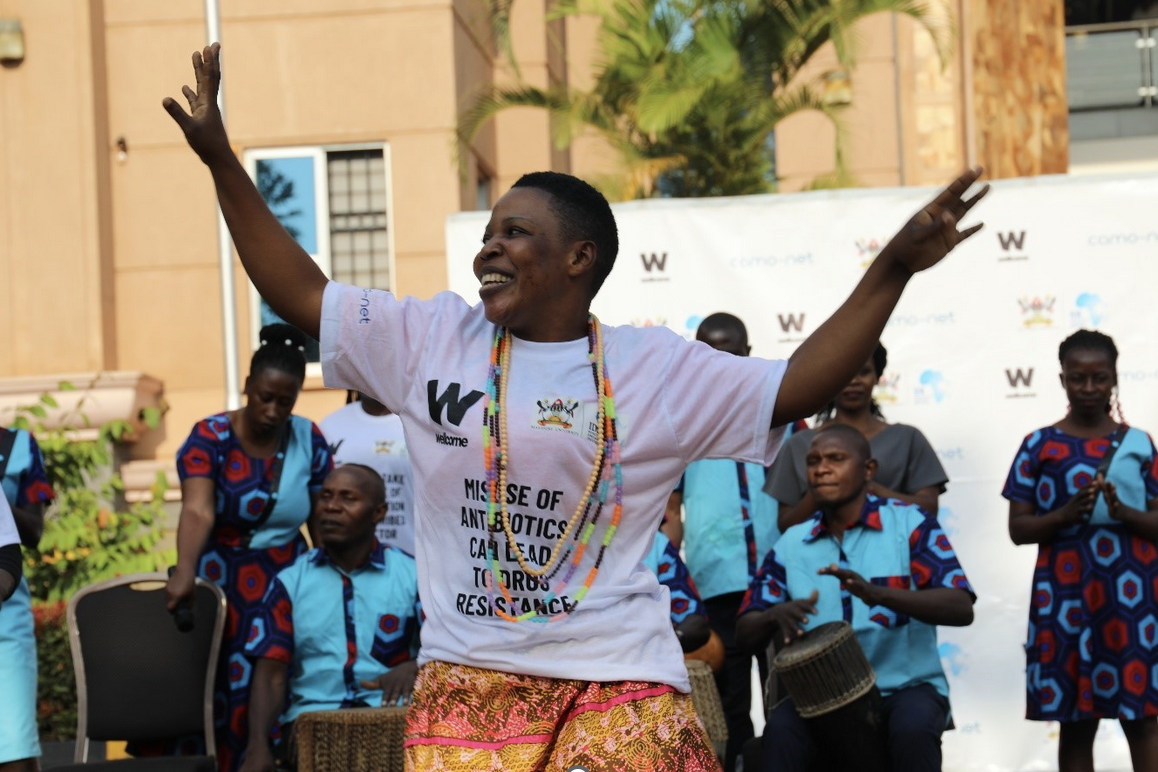
Dr Andrew Kambugu then led us on a tour of key IDI units, including the ACE unit and the Global Health Security (GHS) division. It was inspiring to see the state-of-the-art facilities and the impactful work being done here.
After the tour, I led a workshop presenting my work on tackling data linkage across healthcare systems. Together, we explored practical examples of linked datasets and discussed data governance challenges, which I hope my colleagues found informative, and their comments and questions for me were certainly thought-provoking. I came away from the session with even more to think about.
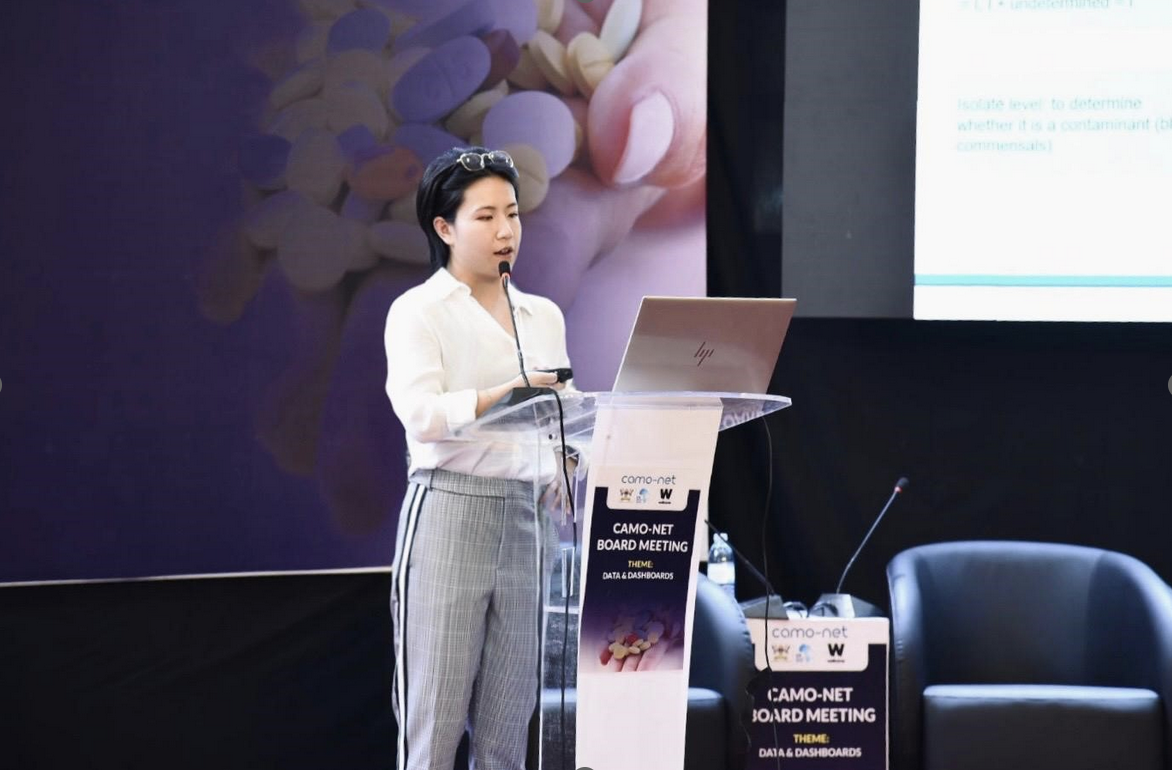
Friday was dedicated to developing the CAMO-Net Global Data Repository (GDR). We heard from CAMO-Net’s new GDR Information Manager Dr Upal Nath, who guided us through planning discussions on the GDR, focussing on sustainability and capacity strengthening opportunities. The subsequent session featured panels on research integrity and leveraging technical laboratories across CAMO-Net sites. Dr Stephen Aston from the University of Liverpool and others provided valuable perspectives on enhancing our research infrastructure.
Antimicrobial resistance: an agenda for all
We wrapped up the week with a tour to the IDI Mulago labs at Mulago Hospital, Kampala’s largest hospital, which showcased translation and core lab work. I was amazed by the advanced research happening there, and the work of my colleagues in Kampala is informed by their expertise in dealing with large scale outbreaks of HIV in the country. It was a fitting conclusion to a week full of learning and collaboration.
Overall, my visit to Makerere University was a whirlwind of knowledge sharing, cultural immersion, and professional growth. The campus at Makerere is vibrant, and the hospitality of my colleagues there has been wonderful. I’m looking forward to bringing back all the insights and connections made here and collaborating on future projects with my Ugandan counterparts.